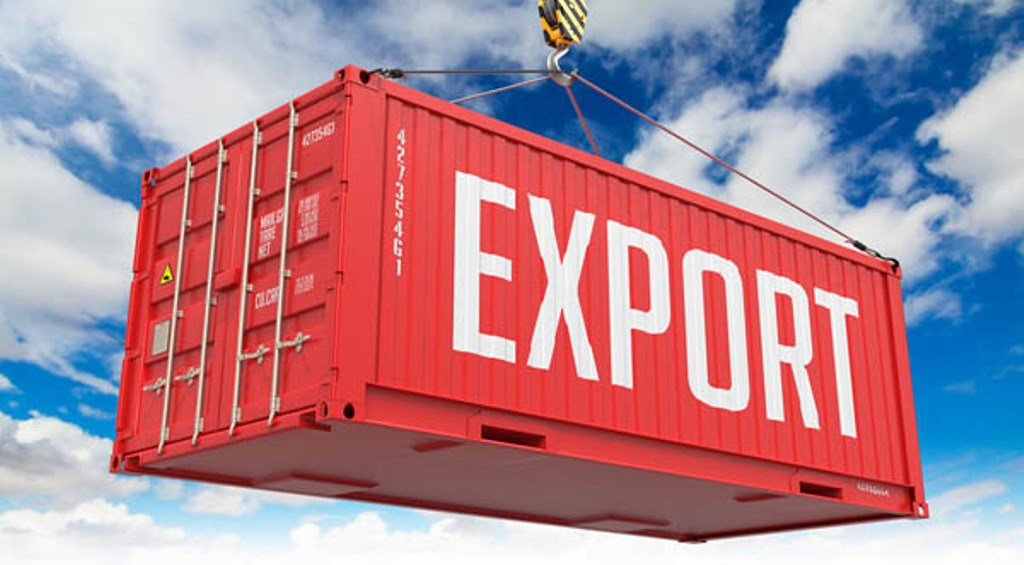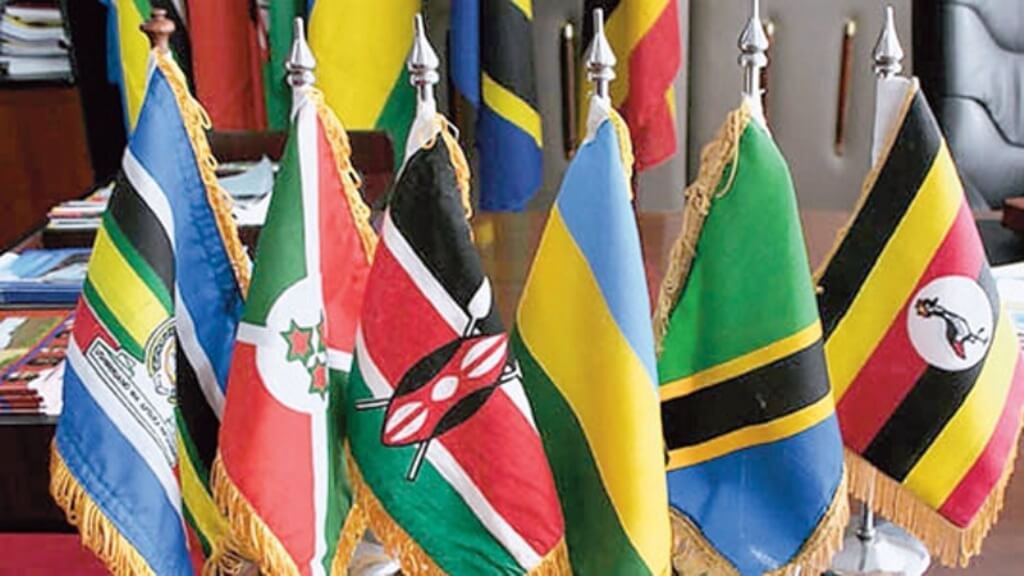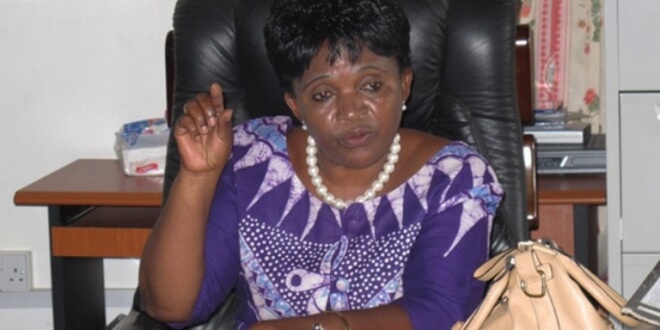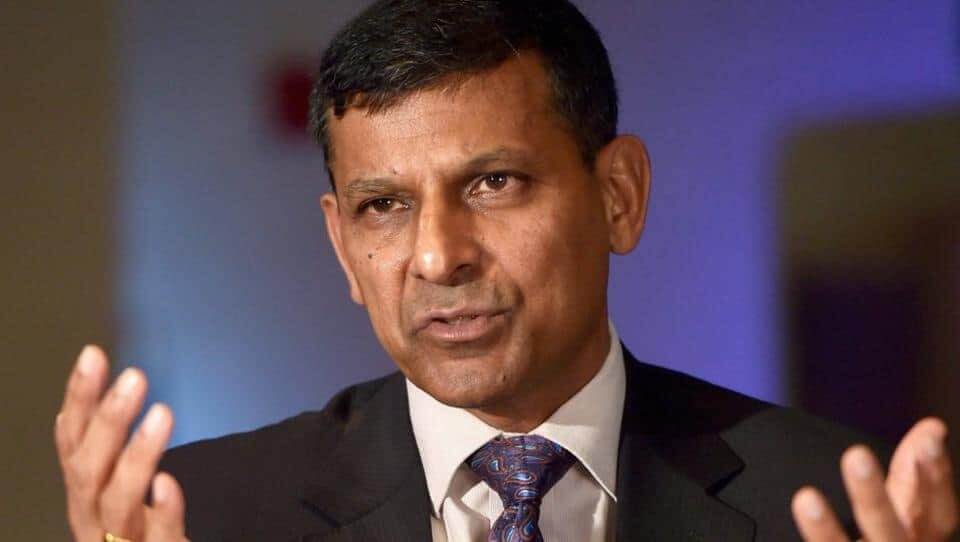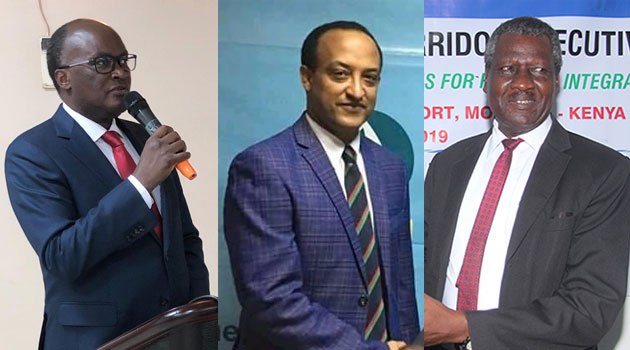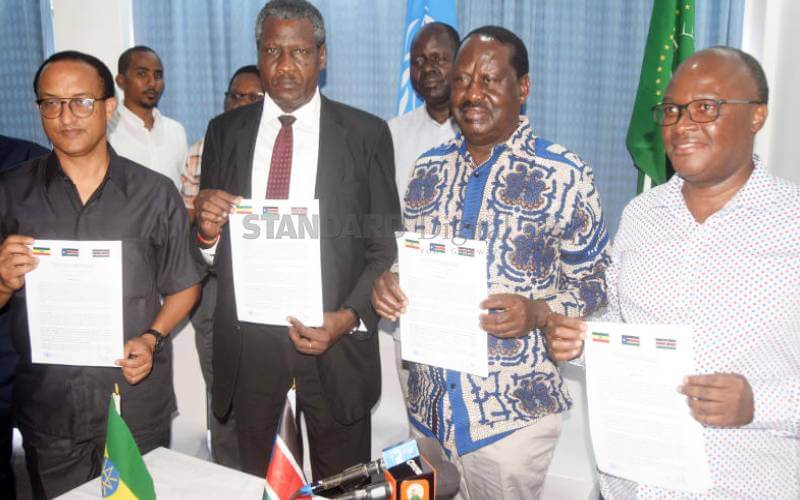BILATERAL trade agreements reached in the country have enhanced exports in the recent years, despite worrying decline in traditional goods’ trade. The assertion was made on Thursday by Trade and Industries Deputy Minister, Eng Stella Manyanya, while launching a Trade Research and Capacity Building programme jointly being implemented by REPOA and International Institute for Social Studies of Erasmus University (ISS) in the country. “We have a number of bilateral arrangements, which collectively provide Tanzania with benefits from duty free, quota free arrangement or a waiver to minor customs’ charges imposed by industrialised countries,” she said. The Deputy Minister further said: “Their dividends are all abundant and seen with the value of our exports increasing in recent years, and recording annual growth of 11.9 percent to 9,534.4 million US dollar in the year ending November 2019.” She further noted that despite the developments, there has been a worrying decline in the value of traditional goods, mainly agricultural ones, which provide livelihoods for many nationals. “Our traditional exports fell by 21.4 percent to 740.3 million US dollar in 2019, despite improvements in our coffee, cotton and sisal agro-industries,” said Eng Manyanya. The Deputy Minister said evidence-based research would strengthen the capacity of policy makers, exporters and trade associations to review trade and related economic policies, which promote trade competitions and diversifications in the market. She said that the government would continue putting in place an enabling environment for research organisations to carry out independent surveys in line with their profession, regulations and...
Bilateral agreements enhanced goods’ exports, says minister
Posted on: January 24, 2020
Posted on: January 24, 2020

